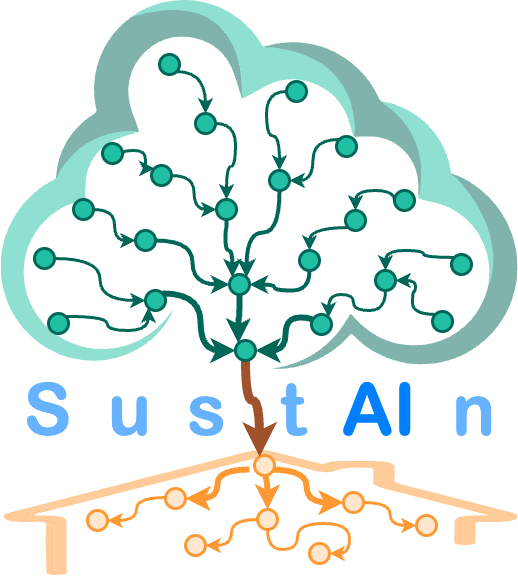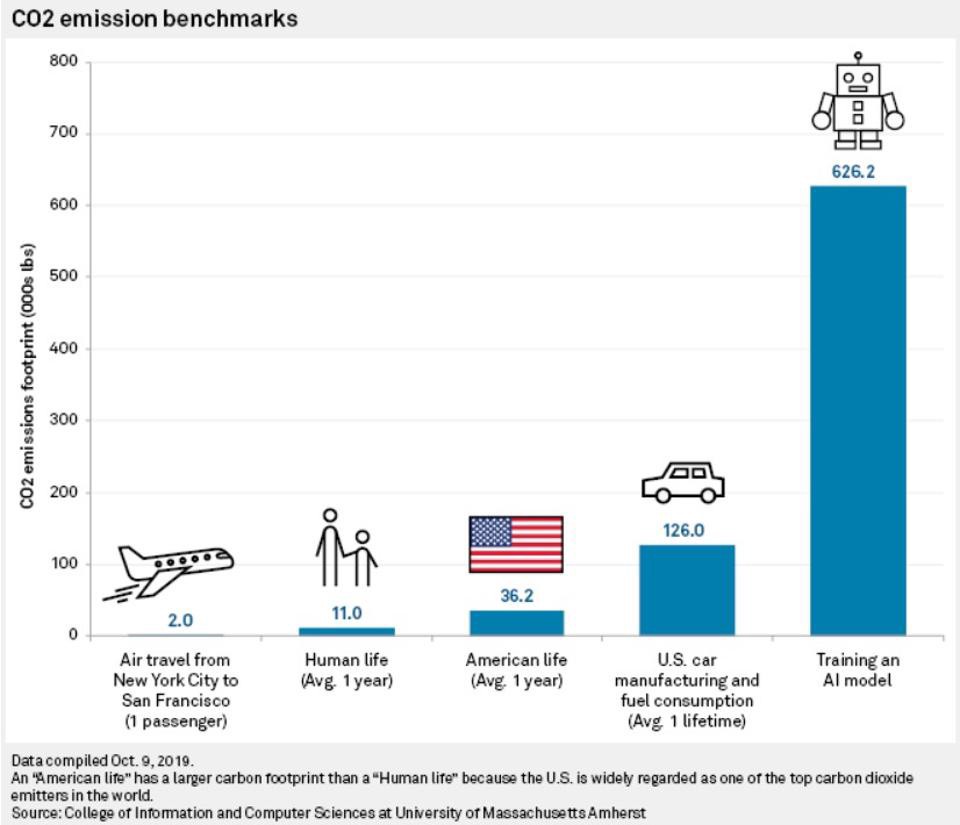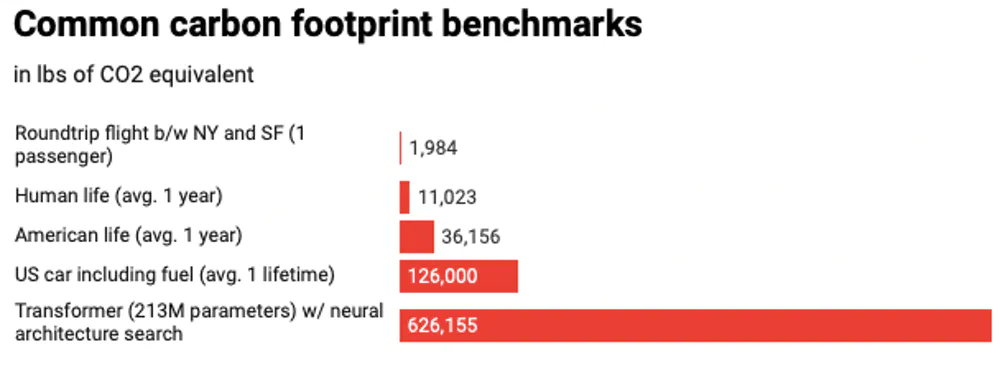


SustAIn
Methods for evaluating and optimizing the energy and environmental impact of applications based on AI
The growing success of artificial intelligence (AI or ML – Machine Learning) applications has made them become serious carbon contributors. At the same time, people and governments are rightly urging all economic and academic actors to address the issue of climate and sustainable development to counteract global warming and the abuse of its non-renewable resources.


Source: MIT Technology Review ; Strubell et al.
The AI models developed by the iCoSys institute as well as by the companies that call upon it are increasingly voluminous and time-consuming to train. Similarly, the data needed to train these models requires more and more storage space, energy and processing time (preprocessing).
The main objectives of this project will be to:
- Make a state of the art on :
- Methods to evaluate the energy and environmental impact (carbon footprint) of applications based on AI models;
- Methodologies and techniques to optimize applications based on AI models, such as deep neural networks, in order to reduce their energy impact.
- Implement and test a selection of these techniques with a focus on generic approaches applicable to a majority of ML projects such as those of the Institute.
- Create and implement a new pole of competence in the new field of Sustainable AI in order to meet the growing demand of companies concerned with optimizing their AI applications and reduce their ecological impact.


Source: MIT Technology Review ; Strubell et al.
